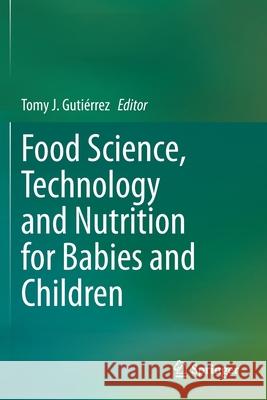Food Science, Technology and Nutrition for Babies and Children » książka
topmenu
Food Science, Technology and Nutrition for Babies and Children
ISBN-13: 9783030359997 / Angielski / Miękka / 2021 / 233 str.
Food Science, Technology and Nutrition for Babies and Children
ISBN-13: 9783030359997 / Angielski / Miękka / 2021 / 233 str.
cena 483,04
(netto: 460,04 VAT: 5%)
Najniższa cena z 30 dni: 462,63
(netto: 460,04 VAT: 5%)
Najniższa cena z 30 dni: 462,63
Termin realizacji zamówienia:
ok. 16-18 dni roboczych.
ok. 16-18 dni roboczych.
Darmowa dostawa!
Kategorie:
Kategorie BISAC:
Wydawca:
Springer
Język:
Angielski
ISBN-13:
9783030359997
Rok wydania:
2021
Wydanie:
2020
Ilość stron:
233
Waga:
0.35 kg
Wymiary:
23.39 x 15.6 x 1.32
Oprawa:
Miękka
Wolumenów:
01
Dodatkowe informacje:
Wydanie ilustrowane











